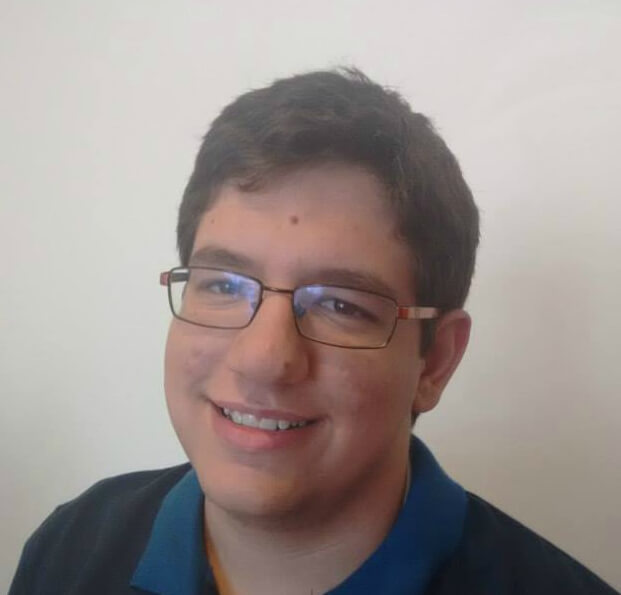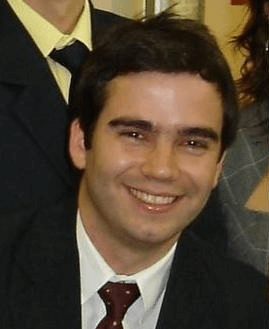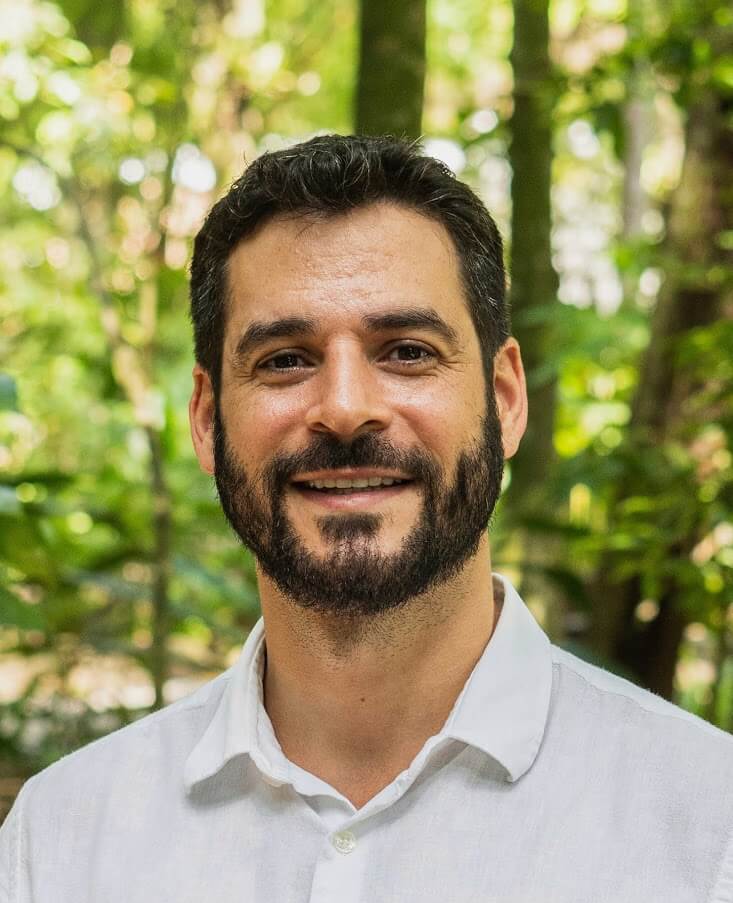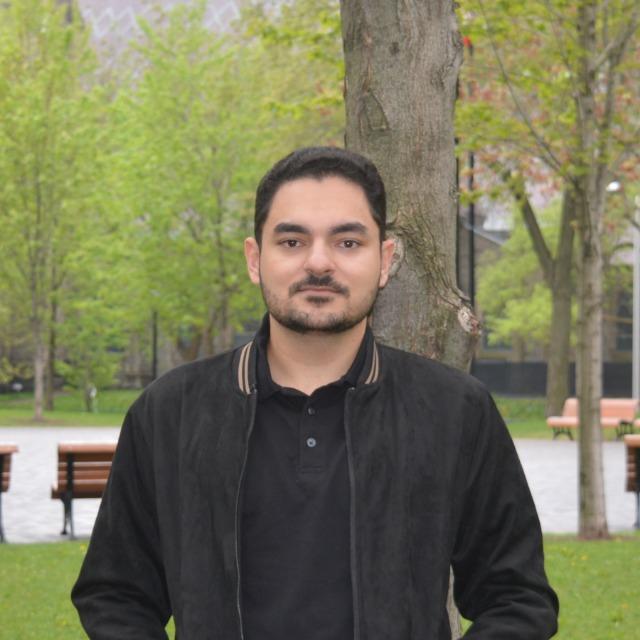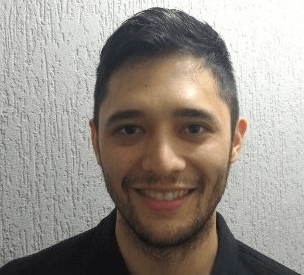MAssiSo
Abstract
The city of Rio de Janeiro is responsible for concentrating a significant portion of software development covering about 40% of the national production. Much of this software goes legacy: it provides essential functionality for organizations but uses commonly outdated technologies. There is great difficulty in maintaining or even modernizing this software, especially due to structural degradation that affects the code. However, many of these software are too important to be discarded. For organizations to remain competitive in the national and international scenarios, the modernization of legacy software is crucial. The inclusion of disruptive new technologies, such as microservices and Blockchain, helps to: (i) avoid the discontinuation of essential legacy software, and (ii) provide various other opportunities for organizations. To perform such modernizations, refactoring is the main and most challenging activity, as the level of legacy code degradation requires complex restructurings. The developer still has a need to identify which refactorings will be best suited for the target system, which turns out to be a costly and error-prone task if done manually. Related studies focus only on automating simple refactorings. Techniques for incorporating disruptive technologies should provide automated support for several steps of complex refactorings, considering the context of the system being modernized. Thus, the MAssiSo project aims to: (i) carry out studies with the legacy systems of the Rio de Janeiro industry, which are undergoing the modernization process; (ii) propose and develop a recommender system to assist in the legacy code refactoring process; (iii) investigate optimization and recommendation techniques that allow the identification, application and reintegration of refactoring in legacy code, (iv) evaluate the impact on software quality after the re-structuring proposed by the recommender. MassiSo has a group of four researchers, who have different productivity grants, in addition to being international references in the areas of Software Engineering and Optimization.
People
Alessandro Garcia
Marcos Kalinowski
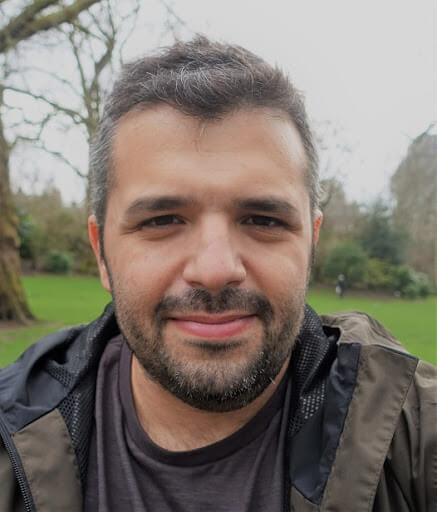
Rafael de Mello
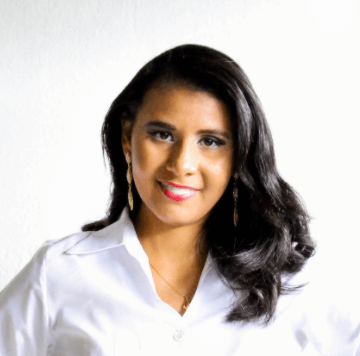
Ana Carla Bibiano
Anderson Uchôa
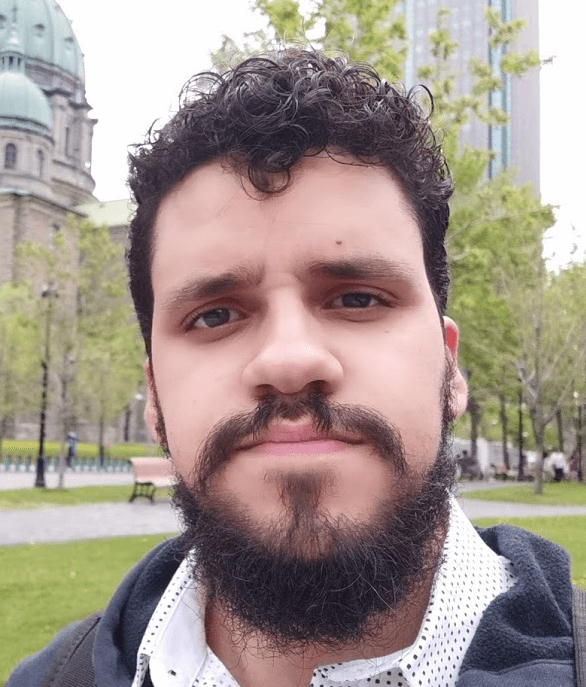
Anderson J. S. Oliveira
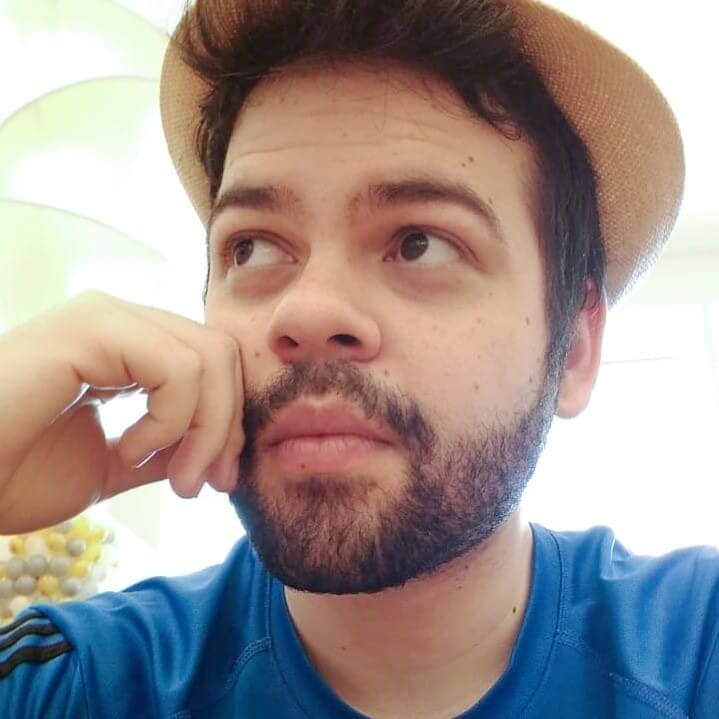
Daniel Tenório
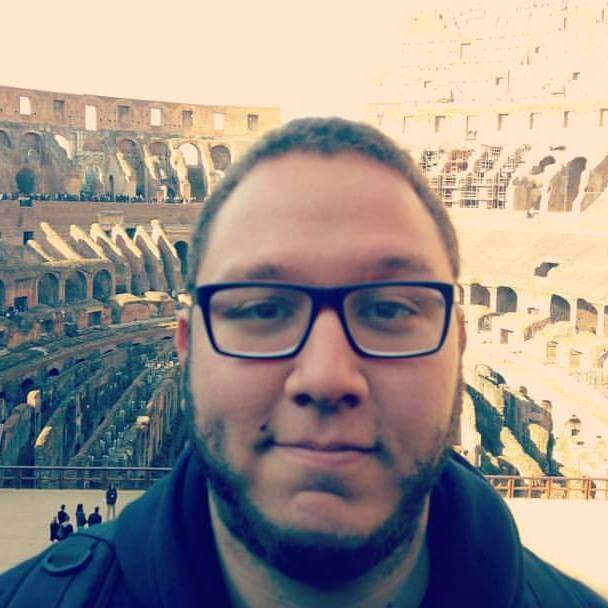
Caio Barbosa
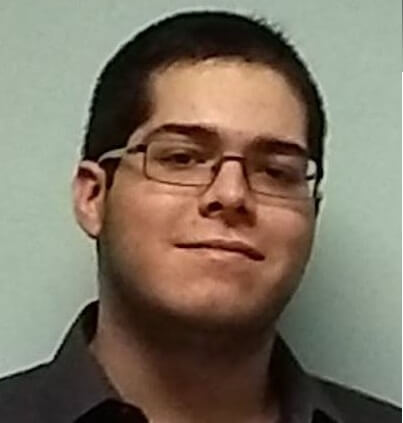
Daniel Coutinho
